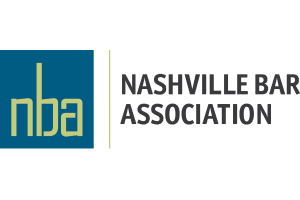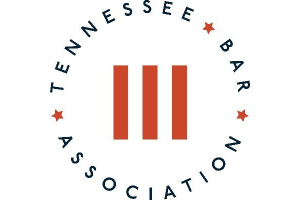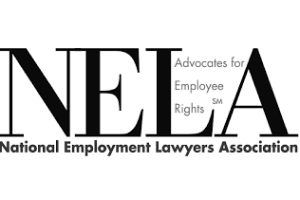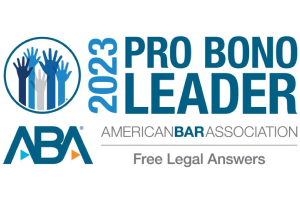for Workers
LGBTQ Discrimination
Sexual Orientation Discrimination Lawyers
Our team of Nashville sexual orientation discrimination lawyers fights for LGBTQ workers who have been discriminated against in the workplace.
If you have been fired, demoted, or otherwise treated poorly after your employer learned of your sexual orientation or gender identity, you may be the victim of unlawful discrimination. Both sexual orientation and gender identity discrimination are prohibited by federal law. Employees who suffer such discrimination can seek monetary and equitable relief, including back pay, front pay, emotional distress damages, punitive damages, and reinstatement.
Sexual orientation discrimination occurs when an employee suffers an adverse employment action based on their status as lesbian, gay, bisexual, asexual, or pansexual. The discrimination encountered by transgender workers often has no connection to the employee’s sexual orientation, but rather is related to societal stereotypes of gender roles and norms.
Top 5 Examples of Workplace LGBTQ Discrimination
- Terminating an employee based on the individual’s LGBTQ status (e.g., after the employer learns of the employee’s same sex marriage)
- Denying an LGBTQ employee a promotion because of their sexual orientation or gender identity
- Requiring an employee to use a bathroom inconsistent with the employee’s gender identity
- Harassing an LGBTQ employee and using homophobic or transgender slurs
- Retaliating against an LGBTQ employee after they report unlawful discrimination or harassment
Unlawful Retaliation for Reporting Sexual Orientation Discrimination
Employment laws prohibit retaliation against employees who report discrimination in the workplace. This legally “protected activity” includes lodging a discrimination complaint with human resources, filing an EEOC charge, and/or filing a lawsuit against the company. Companies who retaliate against employees for pushing back against unlawful discrimination can be held accountable under the law.
Federal LGBTQ Legal Protections in the Workplace
In EEOC v. R.G., the Sixth Circuit Court of Appeals held that firing an employee for failing to conform to sex stereotypes was a violation of Title VII. 884 F.3d 560 (2018). The plaintiff, a transgender woman, was discriminated against based on her transgender status and transitioning identity. The court rejected the employer’s argument that as a funeral home it qualified for a ministerial exception or that it was protected under the Religious Freedom Restoration Act. Similarly, in Zarda v. Altitude Express, Inc., the Second Circuit Court of Appeals held that Title VII prohibits sexual orientation discrimination and it overruled its prior precedents to the contrary. 883 F.3d 100 (2018).
Conversely, in Bostock v. Clayton Cty. Bd. of Comm’rs, the Eleventh Circuit Court of Appeals upheld the trial court’s dismissal of the plaintiff’s Title VII claims. 723 Fed. App’x. 964 (2018). The plaintiff was fired by Clayton County, Georgia for conduct “unbecoming” a county employee shortly after he began participating in a gay recreational softball league. The appeals court held that the trial court did not err in dismissing the plaintiff’s claims for sexual orientation discrimination under Title VII.
On consolidated appeal, the U.S. Supreme Court upheld the Second and Sixth Circuits’ decisions and reversed the Eleventh Circuit’s decision. Bostock v. Clayton Cty., 140 S. Ct. 1731 (2020). A 6-3 majority of the Court found that it was impossible to discriminate against a person for being gay or transgender without also discriminating against that individual based on sex. In other words, discriminating on the basis of their gay or transgender status inescapably relied on sex in the decision-making process. The U.S. Supreme Court’s Bostock decision represents a major victory for LGBTQ advocates in the U.S.
Ready to Take Action? Our experienced workplace discrimination lawyers in Nashville file claims for workers who live or work in Tennessee. If you have been treated differently based on your sexual orientation or gender identity, you may have 180 days or less to preserve your legal claims. Contact our firm for a free online case review today.
The Tennessee Human Rights Act (THRA) prohibits sex discrimination, but it is unclear if Tennessee courts will apply Bostock’s interpretation of Title VII for similar claims under the Tennessee law. Although Title VII and the THRA are generally construed identically, Tennessee courts are not required to follow federal precedent when applying state law. Thus, it is essential to file your case under the appropriate statute to fully protect your legal interests.
Fight Back Against Unlawful Discrimination
You deserve maximum compensation and justice for the sex discrimination you suffered at work. Take action today by contacting our Nashville discrimination lawyers at the number above or online for your free online case review.














